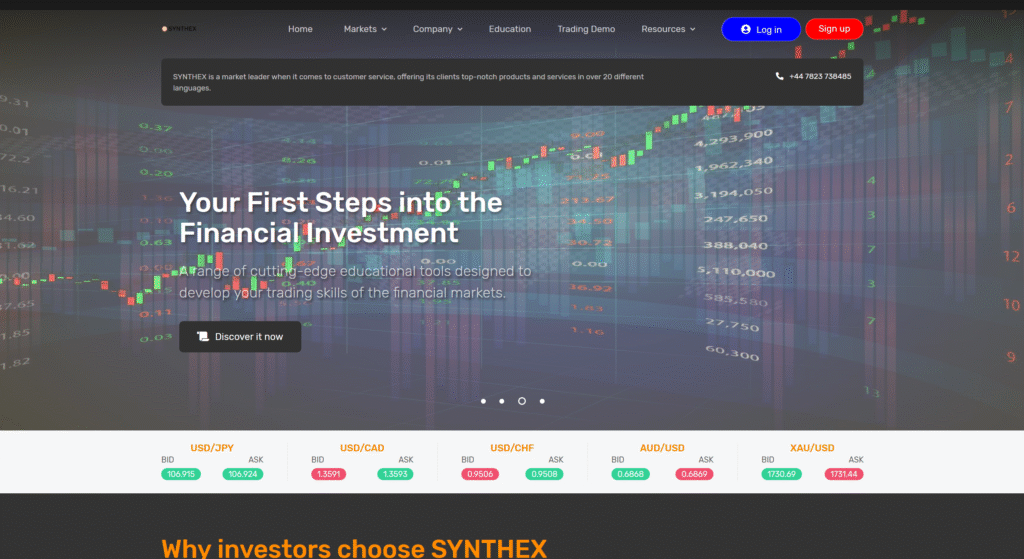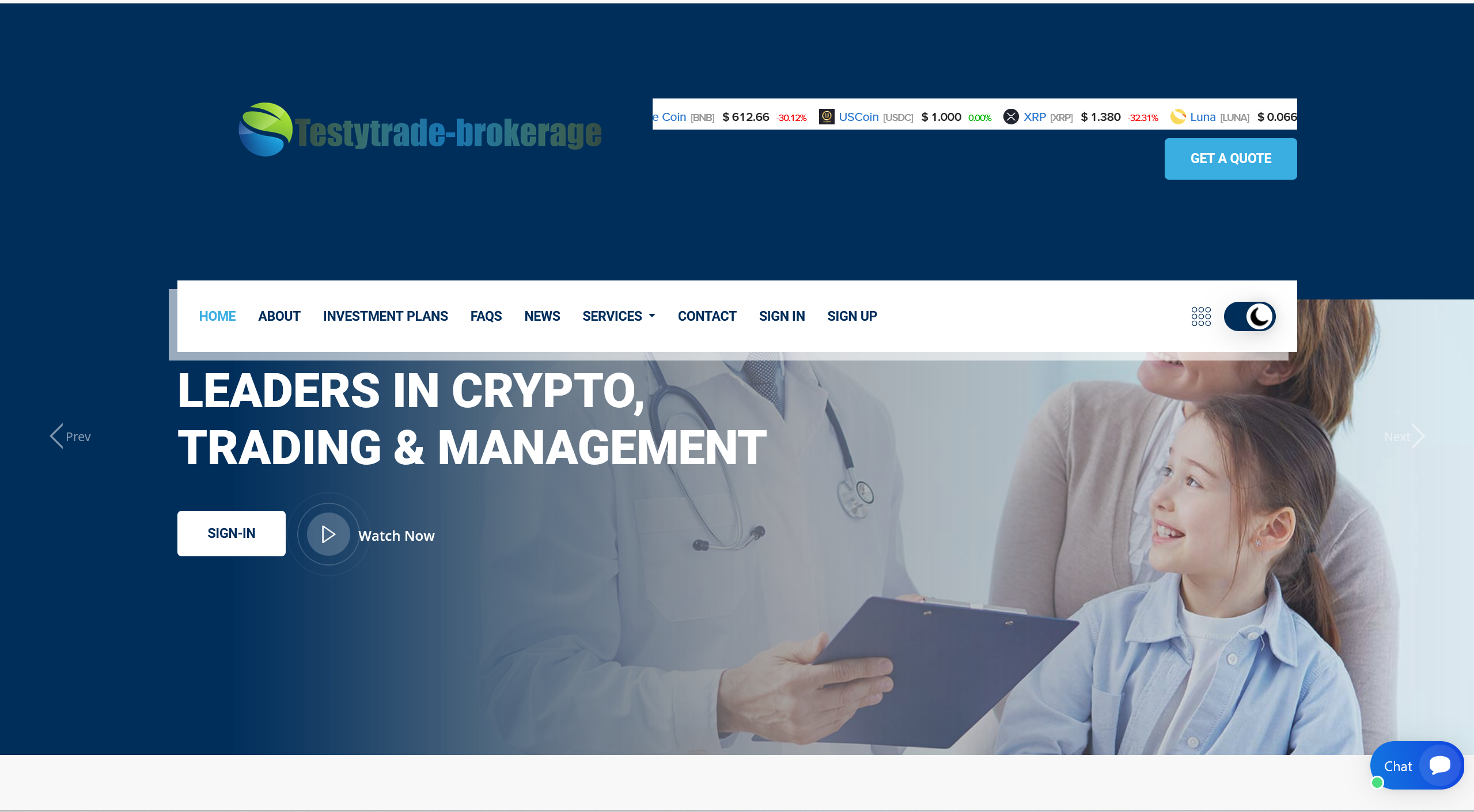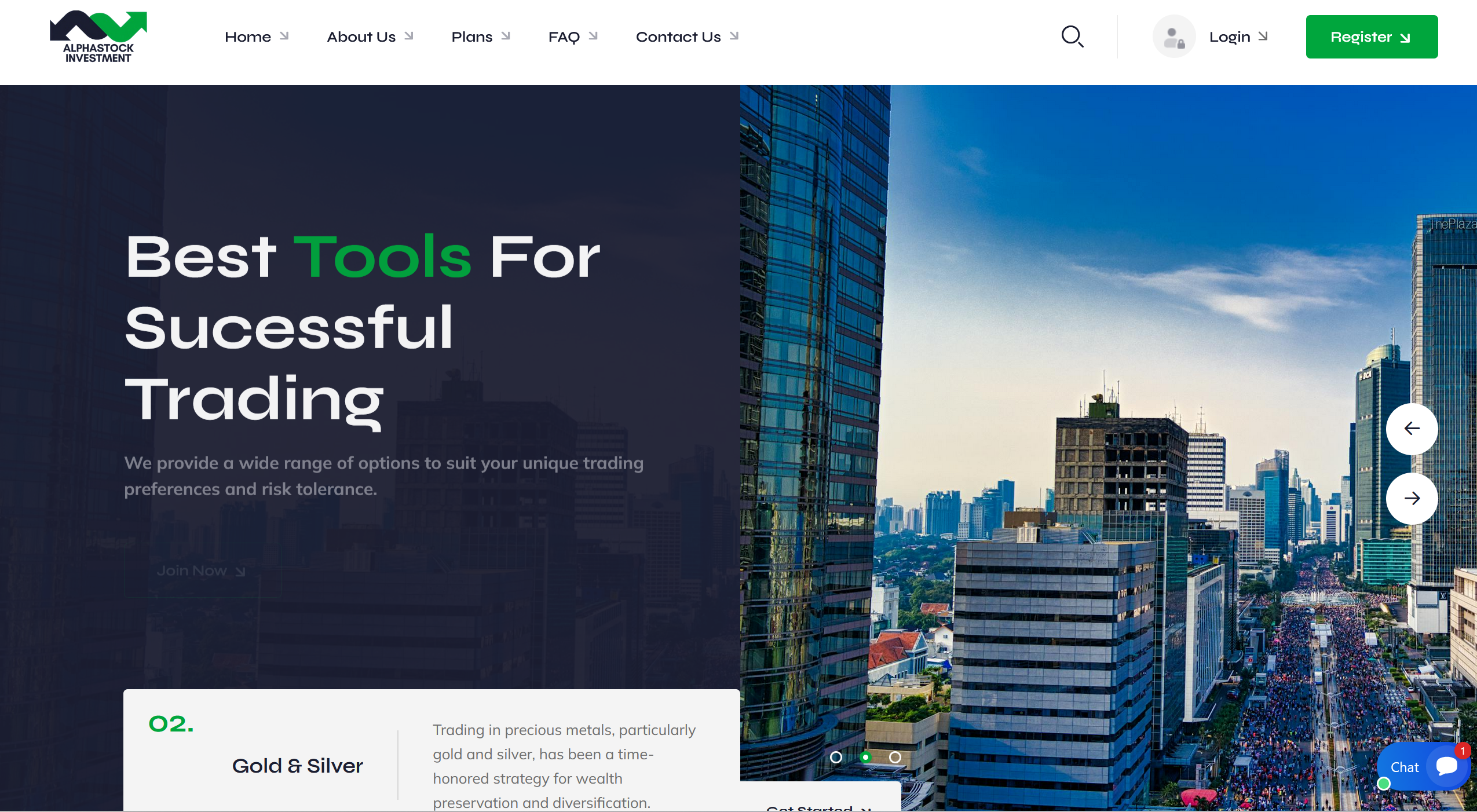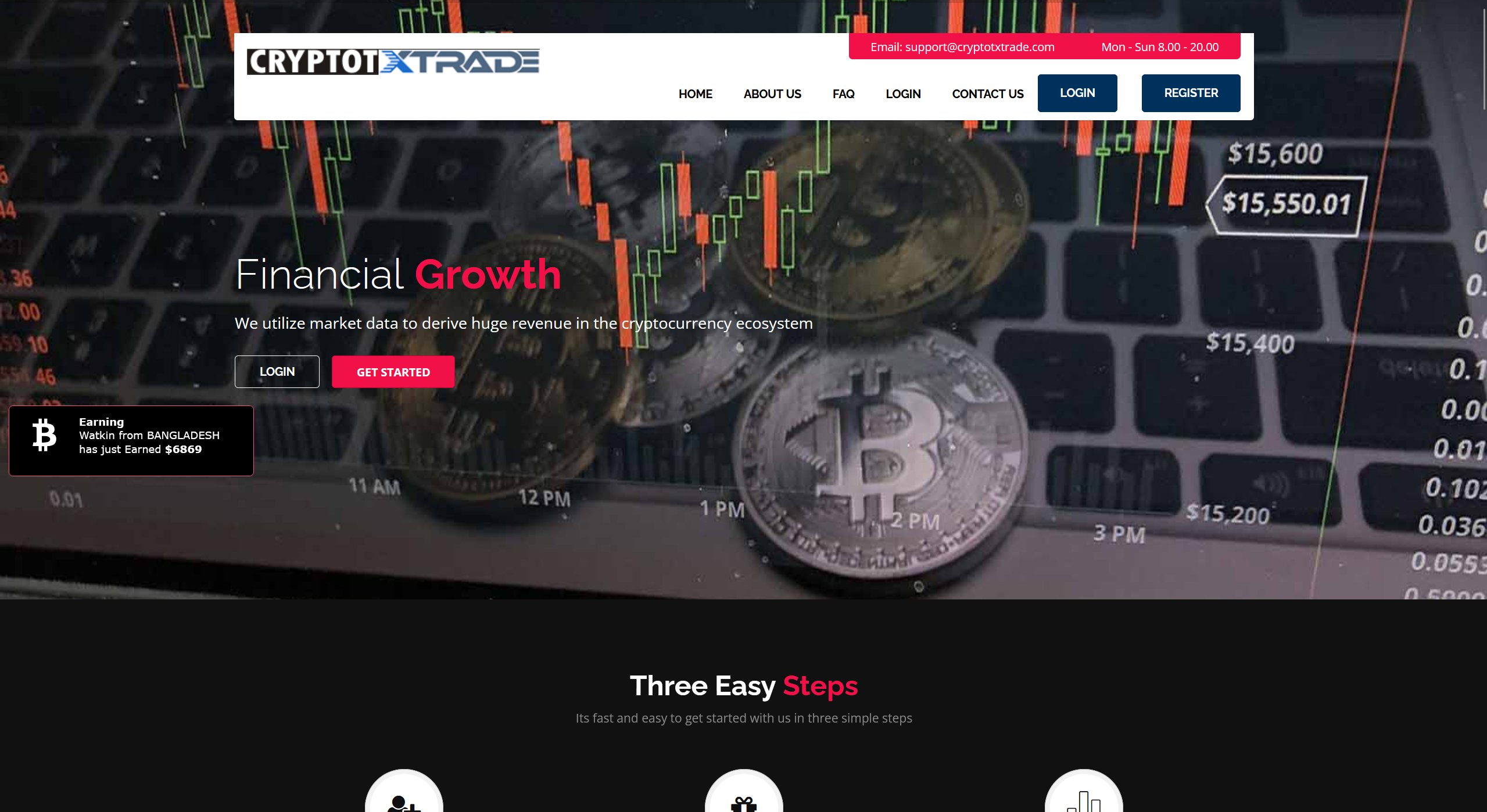1. FCA Alert: Operating Without Authorization
One of the most concrete reasons to avoid Synthex Capitals (synthexcapitals.com) is the formal warning issued by the UK’s Financial Conduct Authority (FCA). The regulator explicitly states that Synthex Capitals is not authorised or registered to deliver financial services in the UK. It may be operating from outside regulatory oversight while targeting UK consumers.
An unauthorized designation is not a technicality — it removes the legal obligations, transparency requirements, and consumer protections regulated firms must follow. Without it, users have virtually no protection.

2. No Access to Financial Ombudsman or Compensation
When you engage with a regulated financial platform in the UK, you have rights: recourse to complaint channels, regulatory oversight, and potential compensation via schemes like FSCS. In the case of Synthex Capitals, the FCA warning clarifies that those protections do not apply. You won’t be protected by the Financial Services Compensation Scheme, and you won’t have recourse to the Financial Ombudsman Service if funds are mishandled.
Essentially, if funds go missing, there’s no safety net.
3. Opaque Company Info & Shadowy Contact Details
Synthex Capitals is vague about its ownership, physical location, and leadership. As per the FCA’s warning, unauthorized firms often present misleading contact details or addresses that cannot be verified a tactic to insulate operators from accountability.
Given this, any claimed address, telephone, or email should be taken skeptically until independently confirmed. Legitimate financial firms typically maintain transparent, verifiable contact records and corporate registration data.
4. Risk Disclaimers That Don’t Offset Unregulated Risks
On its site, Synthex Capitals may contain disclaimers acknowledging trading risk. But these do not substitute for enforceable oversight. A true regulated entity not only warns of risk, it also abides by strict disclosure, audit, and capital adequacy rules. Risk disclaimers by themselves are common in the promotional material of fraudulent platforms aiming to shield against liability without enforcing any accountability.
5. Promises That Defy Market Reality
While I don’t have access to every promotional campaign of Synthex Capitals, firms flagged as unauthorized often advertise guaranteed returns, no-risk trading, proprietary AI systems, or secret algorithms that promise consistent profits. Market behavior, especially in volatile assets, offers no guaranteed path to profits. When profit assurances appear without transparency, that’s a serious red flag.
6. Withdrawal Barriers, Verification Loops & Exit Friction
One of the classic fraud playbooks is to delay or block withdrawals when it’s time for users to cash out. After onboarding, some victims may see inflated “balances” meant to entice them to deposit more. When they try to withdraw, the platform suddenly demands extra verification, “taxes,” or processing fees—often without end. Because Synthex Capitals is unregulated (per FCA), there’s no authority to challenge these obstacles.
Users may find themselves locked into the system with no access to their funds, and with no regulatory body to appeal.
7. Scam Pattern Alignment
Synthex Capitals’ profile aligns with multiple known red-flag criteria identified by regulatory bodies like the U.S. CFTC and global fraud monitoring groups. These include:
- Operating without required licensing
- Using hidden or unverifiable contact information
- Promising guaranteed, consistent returns
- Blocking or refusing withdrawals
- Disclaimers that shift liability
When a firm checks off several of those indicators, the probability of fraudulent operation increases significantly.
8. Third-Party Reviews & User Complaints
Though detailed, verified user testimonies might be harder to locate, many review aggregators flag similarly named platforms (e.g., “Synthex Trade,” “Synthex Capital”) as high risk or unverified. Common complaints include withdrawal failures, unresponsive support, and accounts suddenly restricted. Even if not every report maps exactly to synthexcapitals.com, consistent patterns across variants should make you cautious.
When multiple independent reviewers classify it as risky or unverified, that adds weight to regulator warnings.
9. Your Money, Your Risk: No Safety Net
Because Synthex Capitals lacks regulation, users assume full risk. There is no mandatory disclosure of financials, audits, capital buffers, or insurance. Should trouble arise—account freezes, platform collapse, or operator disappearance—victims likely have no practical recourse.
Success in financial markets requires transparency, accountability, and enforceable standards. Without them, what you might approach as an “opportunity” could be a trap.
Conclusion
Synthex Capitals (synthexcapitals.com) is emblematic of a dangerous class of online platforms that combine persuasive design with opaque operations. The FCA’s explicit warning that this firm operates without authorization is not an advisory detail but an urgent signal: regulators believe it may be targeting UK consumers unlawfully. When you engage with a platform outside regulatory scope, you hand over essential protections like complaint mechanisms, oversight, audits, and compensation rights.
Transparency is the foundation of trust. A genuine financial institution will disclose its corporate name, registration number, place of business, audited financials, and leadership background. It will hold licenses in each jurisdiction it operates and willingly submit to regular examination. Synthex Capitals fails this test. Cast your mind to how many unauthorized firms hide behind privacy protections, shifting contact details, and elusive ownership. That pattern alone should ring alarm bells.
Even the clearest risk disclaimers or terms of use do not compensate for the absence of enforceable regulation. They are often used by fraudulent operators to deflect liability, while the core operation proceeds unchecked. Promises of high, consistent returns should be met with skepticism, especially when they are unaccompanied by transparent performance track records, verified audits, or reputable third-party validation.
Perhaps the most vicious part of such schemes is withdrawal friction. Platforms might encourage you by showing phantom profits, welcome further deposits, and only later stymie withdrawal attempts via additional “verification” or “processing” hurdles. Without regulatory control or recourse, many victims find their funds locked indefinitely, unable to confront or pursue restitution.
Additional weight comes from pattern alignment: Synthex Capitals exhibits several known red-flag signals recognized by regulators and fraud analysts: unlicensed status, lack of verifiable identity, exceptional promotional claims, and slow or blocked withdrawals. These patterns do not arise by coincidence. They speak to systemic risk.
If you are considering or have already invested with Synthex Capitals, here is your step-by-step protection plan:
- Stop all additional deposits immediately.
- Attempt a small withdrawal to test responsiveness.
- Document every interaction: emails, support chats, transaction screenshots, promises.
- Search regulatory registers in your jurisdiction to see if the firm or its principals are listed.
- Report your concerns to your local financial regulator, consumer agency, or banking authority.
- Spread factual warnings in public forums, review sites, and community groups—others may be facing the same risk.
In a world where digital finance offers genuine innovation and opportunities, it is also riddled with schemes crafted to exploit trust. Your best defense is methodical skepticism. Don’t accept glossy websites, grand promises, or masked legal disclaimers as proof—they are often veneer. Insist on evidence: verifiable regulation, transparent ownership, consistent withdrawal history, and third-party validation.
Your awareness is your shield. In the battle between appearance and authenticity, choose accountability. Avoid platforms like Synthex Capitals until they can reliably demonstrate legitimacy—and even then, proceed with extreme caution.





